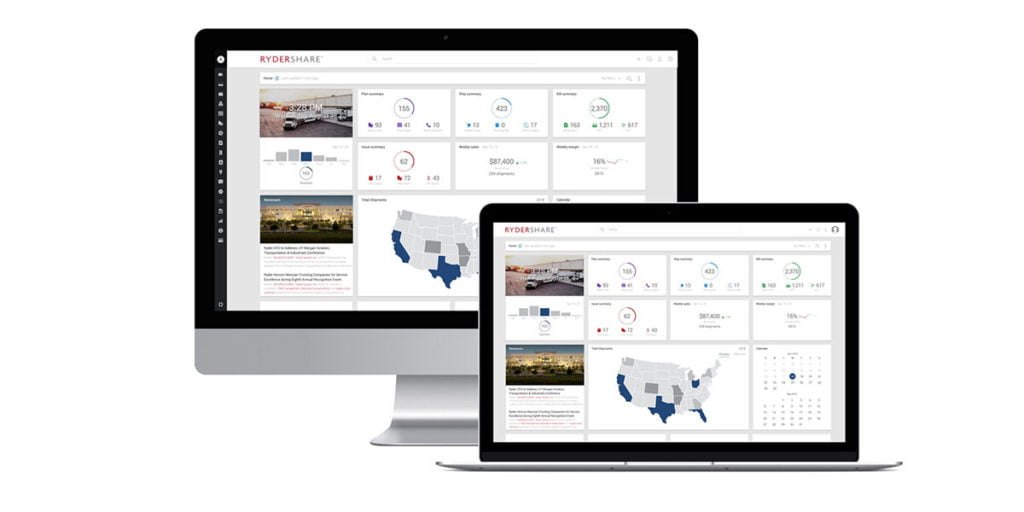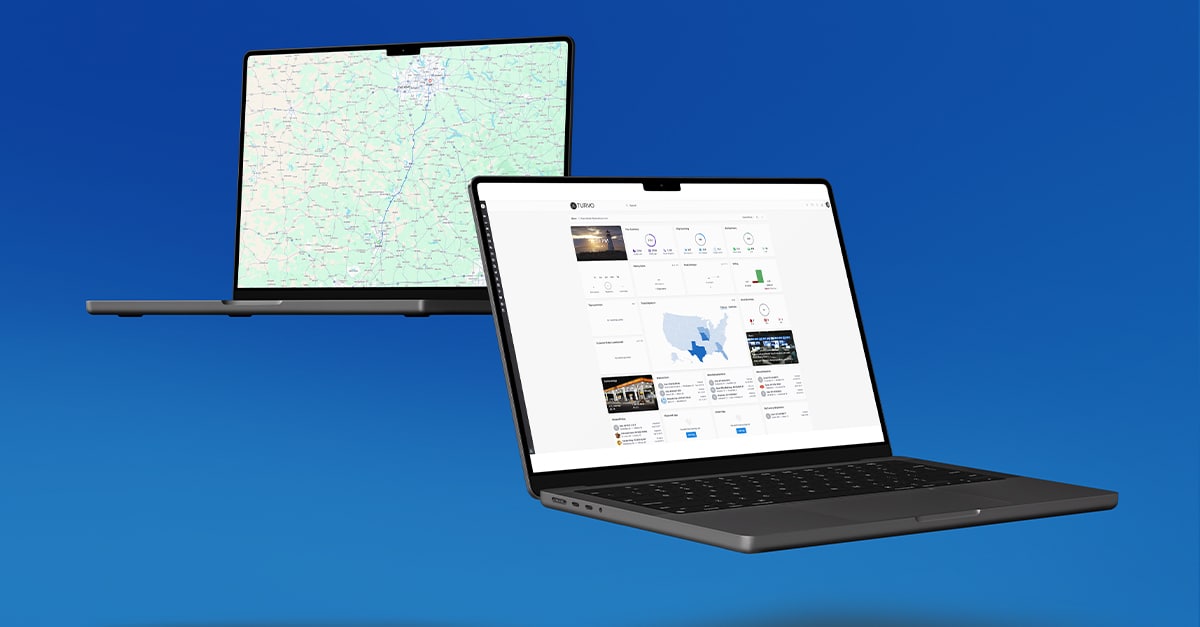A collaborative transportation management system, also known as a CTM, helps communication flow more efficiently along the entire supply chain than a regular transportation management system (TMS) program. The cloud-based software and mobile apps lead to collaboration between all parties, which allows for real-time communication during the entire process. The shared data leads to better-informed decisions which benefit everyone’s bottom line. A CTM is designed to let users share information to track shipments, manage costs and more efficiently optimize their routes than what a TMS system offers. In today’s changing world, collaboration is needed to ensure all parties are on the same page.
This article will show the benefits a CTM can bring, and how it facilitates collaboration more than the limited TMS programs. It will also show how a company like Turvo can implement its logistics platform so that the entire supply chain network is unified and aware of what is transpiring at all times — resulting in savings in time and costs while improving flexibility and customer satisfaction.
Challenges of Collaboration in Transportation Management
Although collaborating leads to a more efficient process, some TMS challenges must be tackled first. Poor cooperation between stakeholders can be a drawback and must be dealt with. There can also be difficulty in coordinating all resources and bringing the shared data together. Inconsistent data flow can also be an issue that slows the process down. Makings sure everyone is on board can help meet these challenges, paving the way for future success.The Role of a TMS to Aid in Collaboration
Collaboration takes the advantages of a TMS and pushes it to a higher level. A TMS program incorporates technology to optimize the movement of goods in a compliant fashion. Adding collaboration and shared communication between the teams leads to automated information sharing and data tracking while giving real-time visibility into shipments and resources. With one end-to-end platform, the decision-making process can become better streamlined, benefitting everyone.Benefits Gained with Collaborative TMS Platforms
A collaborative TMS can be a game-changer that improves productivity in several areas for everyone throughout the entire network. Instead of the stakeholders coming together briefly, collaborating allows a better flow of information throughout the whole transportation process. Companies still using old programs will be left behind. Here are some benefits of collaborating:- Increased efficiency and cost savings: The supply chain process flows better from beginning to end with improved communication. Inefficiency will be minimized for all stakeholders, as solutions can be found to lower shipping costs in areas such as fuel and labor. Redundant tasks can be eliminated, leading to big savings.
- Improved Customer Service: Any problems that arise can now be quickly identified and resolved. No more long delays which can cost money while convincing customers to go with another company instead. Improved customer service will keep them coming back again and again.
- Improved compliance: Just like with any difficulties with customers, any compliance issues can be met head-on and tackled right away without delay thanks to real-time tracking. The systems can provide automated alerts when compliance-related issues arise, allowing for timely resolution. Detailed reports can be provided to ensure all shipments comply with regulations.
- Streamlines Communication: Throughout the process, everyone will always be on the same page with the collaborative TMS providing real-time communication possibilities. All parties can share information through a single platform to make sure issues are dealt with promptly.
- Improved Visibility: The entire shipping process can be monitored in real-time thanks to the CTM that offers real-time visibility. All parties will know the current status of each shipment — there will be no surprises. There won’t be any questions, confusion, or concerns that can come out of left field that can often occur when one side isn’t aware of how things are going at a given moment.
Benefits by Stakeholder
All parties involved in the process benefit from a collaborative TMS. Here’s how each side will see an increase in efficiency as the flow of goods is improved:- Shippers: Increased efficiency when teaming up to discuss routing is one area shippers will see positive results. They’ll notice cost savings while receiving better visibility into shipments. They’ll also get better access to working with more carriers who are offering more capacity for desired lanes, with the ability to better communicate with them.
- Brokers: Brokers will see improved routing and tracking capabilities, as well as more efficient load management. They’ll get improved communication and collaboration with carriers, with access to more shippers.
- 3PLs: Collaborating will mean greater visibility into shipments and improved communication with carriers. They will earn more access to shippers while experiencing improved routing and tracking capabilities.
- Drivers: A CTM will assist drivers by offering improved route optimization, as well as streamlined communication with brokers and carriers. They will see improved tracking capabilities and have access to more shippers.
- Carriers: Some benefits carriers will receive include better communication and collaboration with brokers, with improved routing and tracking capabilities. Collaborative routing will lead to increased efficiency. There will also be connections with more shippers.









